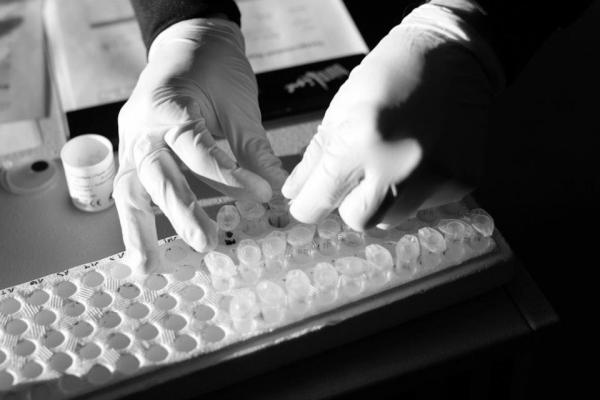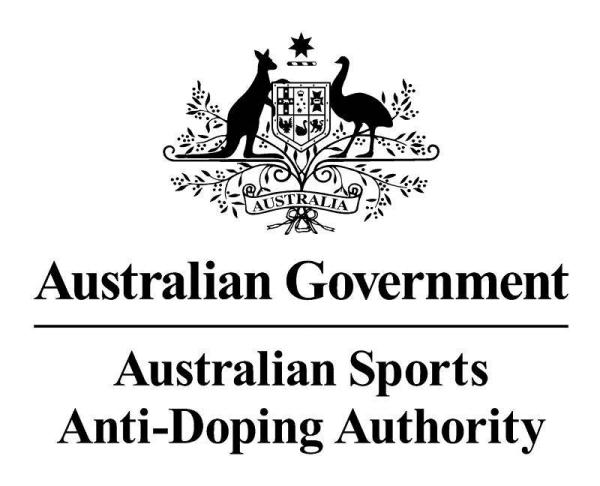Australian Federal Court upholds ASADA appeal in XZTT case
Court of Arbitration for Sport the next stop for unnamed cyclist


The Federal Court of Australia has handed down its judgement in the Australian Sports Anti-Doping Authority's (ASADA's) appeals case regarding the Australian cyclist who returned a positive test for low levels benzoylecgonine, the main metabolite of cocaine in China in 2010.
An appeal was launched by ASADA in May after the Administrative Appeals Tribunal of Australia (AAT) found that the UCI was in "gross breach" of its own anti-doping regulations given the delays in notifying the rider of his test results. Meantime, "ASADA and the ADRVP [Anti-Doping Rule Violation Panel] each misconceived their respective legal obligations under the ASADA Act and the NAD Scheme, in so far as they proceeded on the basis that it was sufficient for the ADRVP to reach conclusions based on a 'possible' finding."
The Federal Court on Monday upheld the ADRVP's appeal and a decision in the case was set aside. The case will now likely go to the Court of Arbitration for Sport.
The rider cannot be identified by name and is known only as XZTT. He was riding for an Australian UCI Continental team when he supplied a urine sample following the Tour of Taihu on October 23, 2010. Cocaine and its metabolites are not prohibited by the UCI unless it has been used in-competition, however should either be present in an anti-doping sample, the rider and relevant authorities are notified.
Had the UCI followed World Anti-Doping Agency procedures, the rider should have been notified of the findings seven days later, instead, he was not informed until 25 March 2011. In the meantime, according to a team statement to Cyclingnews late last year:
"His contract was not renewed for 2011 as there were personal issues with him that led the team into taking this position."
The rider had signed for a new team in January 2011 and in doing so would have breached internal policy and seen him liable for €145,000, two years' income.
The latest race content, interviews, features, reviews and expert buying guides, direct to your inbox!
The ADRVP ruled against the cyclist on 8 September 2011 for the alleged presence of benzoylecgonine and use of cocaine. The ATT believes that "a conclusion adverse to XZTT must still be reached" and the ADRVP has been directed to record the presence of benzoylecgonine on the register.
The Federal Court, which queried the ASADA processes and the ramifications for affected athletes, found that:
"The AAT accurately noted ... that the Panel was confronted with 'a complex interplay of overlapping regimes of international sporting governance'. We would also agree with the AAT’s observations ... that timeliness of the process was an important matter and ... that the faults and delays that the Athlete experienced in this instance were egregious. They were not caused by the Panel or ASADA but by the Union Cycliste Internationale (UCI), the world governing body for cycling."
Cycling Australia has declined to comment on the matter.
As a sports journalist and producer since 1997, Jane has covered Olympic and Commonwealth Games, rugby league, motorsport, cricket, surfing, triathlon, rugby union, and golf for print, radio, television and online. However her enduring passion has been cycling.
Jane is a former Australian Editor of Cyclingnews from 2011 to 2013 and continues to freelance within the cycling industry.
